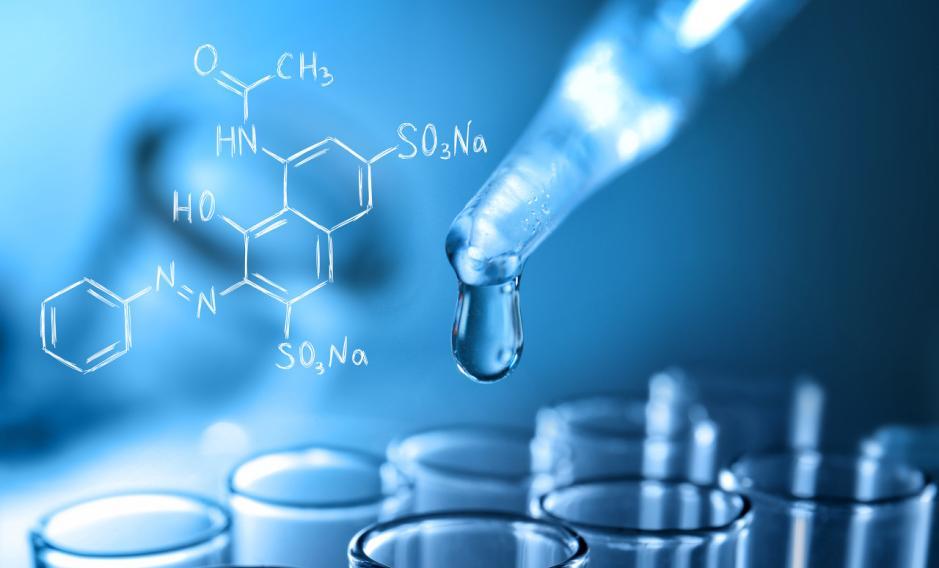Operator Finance Intern Li Xuya/Wen
Recently, the IPO of Shanghai Haihe Pharmaceutical Research and Development Co., Ltd. (hereinafter referred to as "Haihe Pharmaceutical") has been suspended. The company previously estimated that the market value of the listing may be as high as 31.5 billion yuan, and now after two rounds of inquiries and has been suspended for consideration, which is relatively rare in the history of the science and technology innovation board IPO, what are the fatal problems?
Obviously, Haihe Pharmaceutical has not escaped the sharp inquiries of the Listing Committee on the independence of research and development and the transfer of equity, because the problems behind this company are too big to be ignored.

How long can it last?
It is reported that Haihe Pharmaceutical was founded in 2011, is an independent innovation biotechnology company focusing on the discovery, development and commercialization of anti-tumor innovative drugs, and the current chairman Ding Jian was elected as an academician of the Chinese Academy of Engineering in 2009.
As of the date of signing of the prospectus, Haihe Pharmaceutical is currently focusing on promoting 8 compounds in the field of anti-tumor, of which 7 compounds are in the clinical research stage and 1 compound is in the pre-clinical research stage. That is to say, there are currently no products available, all in the research and development stage.
It is also surprising that since its establishment, Haihe Pharmaceutical has a total of 19 projects, except for the HH3806 project, all of which are authorized to introduce or cooperate in research and development, and there are almost no patents for their own research and development.
Like to buy drug patents from peers, and then carry out late research and development and commercialization is not only Haihe drugs, but also many other self-proclaimed "innovative pharmaceutical companies" also do this, which is called the License-in model in the industry.
There are pros and cons to this approach. For pharmaceutical companies, R&D requirements are greatly reduced, and for licensors, they are usually licensed for individual regions, and a patent can be sold N times to different countries. Most pharmaceutical research and development will fail at the clinical stage, which can be described as "nine deaths", but once the research and development is successful, it will face hundreds of millions of profits.
By the end of 2020, Haihe Pharmaceutical claimed to have obtained 62 authorized invention patents including Major Countries such as China, the United States, and Japan. Because patents and research and development require a lot of money, sea and drugs need constant financing to survive.
According to the prospectus, in 2017, 2018, 2019 and January to September 2020, the net profit attributable to the shareholders of the parent company of Haihe Pharmaceutical was -173 million yuan, -428 million yuan, -293 million yuan and -428 million yuan, respectively, with a total loss of more than 1.3 billion yuan in the report.
It is reported that as early as Last July, Haihe Pharmaceutical announced the completion of a 1.2 billion yuan B round of financing, and in February 2019, the company has won a series A financing of 146.6 million US dollars, and there are many well-known investment institutions such as Warburg Pincus Investment, Huagai Capital, and Legend Capital in the company's shareholder list.
Although haihe drugs failed to prepare for listing this time, once the share capital of the successful issuance is 10%-25%, the valuation of Haihe drugs may be between 12.6 billion and 31.5 billion, and the market value is as high as tens of billions!
Luxury team or luxury scam?
As early as 2011, the Shanghai Pharmaceutical Institute and Zhangjiang Ketou jointly funded the establishment of Haihe Pharmaceutical's predecessor, Haihe Limited, which was still a state-owned enterprise at that time. With the transfer of shares by Zhang Jiang, the majority shareholders of Haihe Pharmaceutical slowly became Green Valley Group and Tibet Nanjiang.
From 2016 to 2018, Green Valley Group and Tibet Nanjiang each transferred the equity of hundreds of millions of yuan to "outsider" Ding Jian to become the actual controller and chairman of the company, and Haihe Pharmaceutical became a privately controlled enterprise.
Haihe Pharmaceutical claims that it is no longer related to the Institute of Medicine, but Ding Jian previously served as the director of the Institute of Pharmacology, and since 2014, he has still served as the head of the pharmacology room of the Institute of Pharmacology, and the Institute of Drugs may continue to provide technical support to Haihe Drugs in the past few years.
And in 2017, Haihe Pharmaceutical borrowed 45 million yuan to Green Valley Pharmaceutical, a subsidiary of Green Valley Group, and Haihe Pharmaceutical even operated at the same address as Green Valley Group. Therefore, Haihe Drugs seems to be inextricably linked to the Green Valley Group, and the actual controller Ding Jian may be suspected of "holding on behalf of".
It is worth noting that Tianyan check shows that Green Valley Group has set a record for the highest number of illegal drug advertisements in China. CCTV News once called the 3 types of drugs under the Green Valley Group as a "scam", and another drug of the Green Valley Group, "Shuangling Gu BenShan", was listed in the national "Illegal Drug Advertising Announcement" more than 800 times, setting a record for the highest number of illegal drug advertisements in China.
Some insiders revealed that there are currently some circles of money in China: investment institutions and medical leaders form a "luxury team" to specialize in studying popular target projects at home and abroad, and then the company quickly finances the project, expands the team, two or three rounds down, the valuation has gone to heaven, although the project progress is far less than the speed of the valuation soaring. This story is somewhat similar to the current sea and drugs.